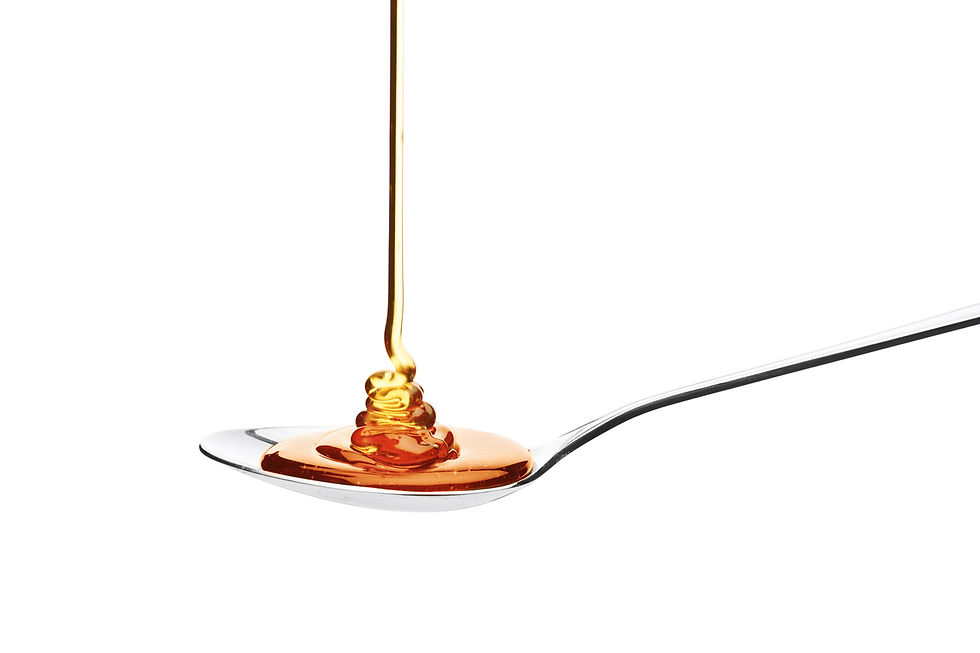Fevers: How High is Too High?
- Aug 16, 2025
- 2 min read

As a parent, seeing a high number on the thermometer can be scary.
You may wonder: Will a high fever harm my child? Are they at risk for a seizure? Do they need antibiotics? How high is too high??
Turns out, the number is... well... just a number.
And the height of a fever doesn’t reliably tell us how sick a child is (check out this recent study).
A fever is the body’s natural way of fighting off infection. It can happen with both viruses (like the common cold or flu) and bacteria (like strep throat). But even very high fevers (like 39°C / 102°F or higher) are often caused by viruses, which don’t need antibiotics and usually go away on their own.
So if the height of the fever doesn’t indicate when your child needs to see a doctor urgently—what does?
When Does My Child With a Fever Need to Go to the Emergency Room?
1. Your child is less than 3 months old and has a fever of any duration.
2. Your child is unvaccinated, has immune system problems, or other complex or chronic conditions and has a fever of any duration.
3. You have recently travelled to a malaria-endemic region.
4. Your child has a fever for 5 days or more.
5. You are worried about dehydration (dry lips/mouth or noticeably less urine output than usual).
6. Your child is inconsolable or very sleepy/difficult to wake.
7. Your child is struggling to breathe, has noisy breathing, or is breathing faster than usual.
8. Your child has pale, purple, or cool skin.
9. Your child is confused or has a seizure.
10. Your caregiver intuition is telling you they need to be seen emergently.
How Can I Bring a High Fever Down in My Child?
Remember, fever is your child’s immune system at work—you’re on the same team!
So, you don’t necessarily have to bring it down at all!
That said, if your child is uncomfortable, you’re welcome to give acetaminophen and/or ibuprofen. But try to resist the urge to keep checking their temperature to see if the medicine is “working.” If your child is sleeping, playing, eating, drinking, or resting comfortably, then it is working.
All that’s left to do now is:
Keep them hydrated
Read my Fever FAQs
Watch for Danger Signs
And pour yourself an extra cup of coffee in the morning
You’ve got this.




Comments